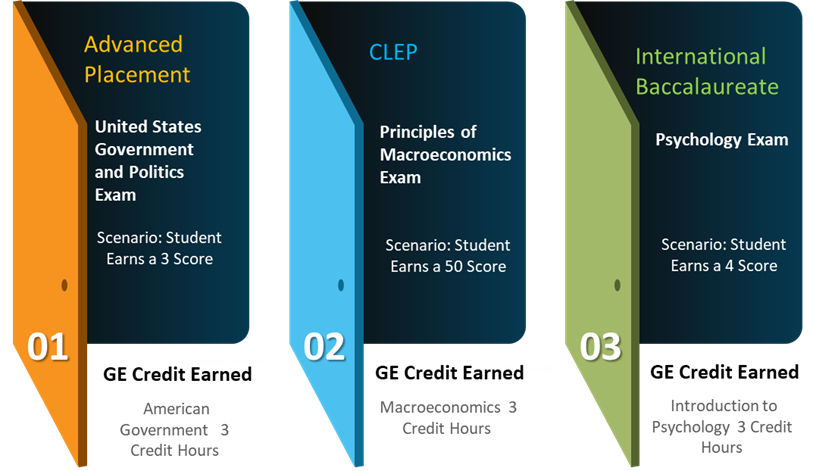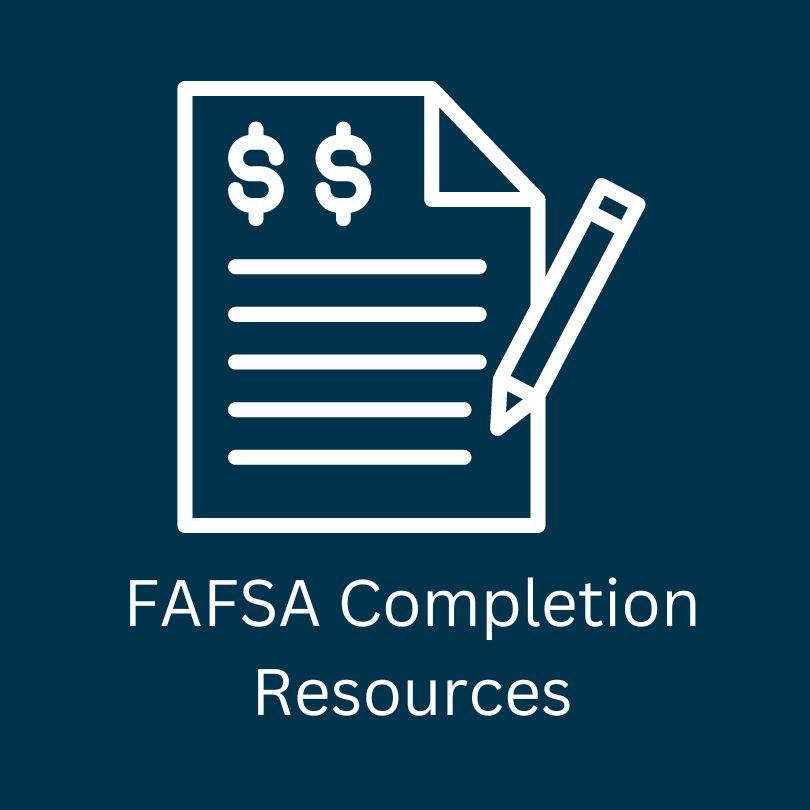
Kansas Apply Free Days are for all Kansas residents, including transfer students. Whether you are completing your studies at a community or technical college and looking to continue on to a university or want to transfer from one institution to another, you are covered under the Apply Free Days.
Fee Waivers for Financial Hardship Year-Round
All of our Kansas colleges and universities have application fee waivers for financial hardship during the entire year. As such, if you are struggling to pay an application fee and wish to submit your admission application before (or after) the Apply Free Days, contact the admission office at the college/university you want to apply to for more information or complete the Application Fee Waiver form linked below.
*form does not need to be submitted to KU, KSU, WSU as Fee Waiver eligibility is embedded in their application.
APPLY FREE DAYS TRANSFER STUDENT RESOURCES
Apply Free Days Social Media Posts
Math Pathways
1. BACKGROUND OF KANSAS MATH PATHWAYS
Traditional postsecondary mathematics, including requiring college algebra for most majors, and requiring traditional prerequisite remediation that does not count toward a baccalaureate degree, impose unnecessary obstacles to degree completion for Kansas students.
According to KBOR’s Developmental Education Data Report, too few students are completing a traditional prerequisite developmental course and a general education math course within a two-year period. Further, according to a 2015 Report published by the Mathematical Association of America, A Common Vision for Undergraduate Mathematical Sciences Programs in 2025, “mathematics courses are the most significant barrier to degree completion in both STEM and non-STEM fields.”
The Kansas Board of Regents seeks to implement proven practices that remove these obstacles and advance access, affordability, success, and completion (all components of the Board’s strategic plan, Building a Future), by working with the Charles A. Dana Center at the University of Texas at Austin on Mathematics Pathways.
Kansas is now one of the 22 states participating in the Launch Years Initiative, which supports the scaling of mathematics pathways from high school through postsecondary education and into the workplace, aligned to students’ goals and aspirations. The Dana Center provides resources and support and holds an annual convening at which participating states can share ideas, best practices, and experiences related to the initiative.
| Kansas Math Pathways Webinar - Sept. 15, 2023 | Recording | Q&A | KBOR Presentation USG Presentation |
| Kansas Math Pathways Informational Meeting - June 3, 2024 | Recording |
2. COMPONENTS OF KANSAS MATH PATHWAYS
Kansas Math Pathways is a comprehensive, student-centered initiative that addresses structural barriers in mathematics education by aligning math instruction with students’ academic and career goals. The initiative consists of several interconnected components designed to support institutional implementation and ensure student success. Key components include:
Gateway Math Courses
Learn More »
Gateway math courses serve as the foundational entry points into postsecondary mathematics, replacing the traditional one-size-fits-all approach. These courses are designed to match students’ intended programs of study, increasing both relevance and the likelihood of success.
Math Pathways Professional Development & Implementation
Learn More »
To support successful implementation, the Kansas Board of Regents offers a statewide professional development series for faculty, advisors, and administrators. The training series features both national and local experts and is designed to equip stakeholders with the knowledge, tools, and collaboration opportunities needed to scale Math Pathways across the system. Professional development offerings are updated regularly, and session recordings from past academic years are available in the online Professional Development Resource Bank.
Multiple Measures Placement
Learn More »
Recognizing that a single test score should not determine a student’s academic future, Kansas Math Pathways supports placement decisions based on multiple measures. This approach ensures more accurate course placement and increases the likelihood that students begin in—and succeed in—gateway math courses.
3. KANSAS MATH PATHWAYS TASK FORCE
Membership
- Brooke Istas - Cowley Community College
- Kindra Wells - Emporia State University
- Keith Dreiling - Fort Hays State University
- Ryan Ruda - Garden City Community College
- Rachel Wannamaker - Hutchinson Community College
- Whitney Turner - Johnson County Community College
- Gabe Kerr - Kansas State University
- Brian Koch - Manhattan Area Technical College
- Tim Flood - Pittsburg State University
- Kim Warren - University of Kansas
- Sarah Cook - Washburn University
- Nancy Krehbiel - Wichita State University
- Jillian Kildow - KSDE
- Jennifer Hamlet - KSDE
- Jennifer Bonds-Raacke - KBOR
- Rusty Monhollon - KBOR
- Sam Christy-Dangermond - KBOR
Fall 2025 Tentative Meeting Dates:
- August 29
- September 26
- October 24
- November 21
4. PERFORMANCE AGREEMENTS
Math Pathways are a critical component in the new performance agreements.
Kansas Methods Of Administration (MOA) Program
The Kansas MOA Plan outlines procedures for civil rights compliance activities to be conducted by the Kansas State Department of Education (KSDE) for secondary institutions and the Kansas Board of Regents (KBOR) for postsecondary institutions delivering Career Technical Education (CTE).
The plan describes the process that KSDE and KBOR staff will follow to incorporate multiple data sources to identify disproportionate enrollment and other areas of potential discrimination and select subrecipients for onsite compliance reviews. The plan also describes how KSDE and KBOR will identify technical assistance needs related to civil rights compliance and provide training and technical assistance to subrecipients.
This plan is submitted pursuant to the program memorandum issued February 6, 2020 by the Office for Civil Rights and the Office for Career Technical and Adult Education.
Civil Rights Monitoring Information
Staff from KSDE and KBOR conduct desk audits and on-site monitoring visits to institutions delivering approved CTE pathways and programs to monitor compliance with Federal civil rights laws prohibiting discrimination in programs or activities receiving federal financial assistance from the U.S. Department of Education. Desk audits will occur annually according to this chart and the Kansas MOA Plan.
KBOR Civil Rights Compliance On-Site Coordinator’s Manual is available to assist postsecondary institutions in reviewing their current policies and practices and in preparing for an on-site monitoring visit. More detailed information regarding specific laws applicable may be found at the U.S. Department of Education, Office of Civil Rights website. About OCR (ed.gov)
For questions about the Kansas MOA Program, contact Tobias D. Wood, the postsecondary MOA Coordinator at
Attachments:
KBOR OER Discipline Liaisons serve as a resource for their discipline colleagues across Kansas Higher Education institutions. In addition to being a point of contact for their colleagues, liaisons lead community-building activities to support the use of OER within their discipline.
If you are a Kansas faculty member and are interested in OER adoption, please feel free to contact one of the liaisons by clicking a name in the table below.
If you are interested in serving as a KBOR OER Discipline Liaison, please contact
| Discipline | Liaison | Institution | Term |
| Mathematics (Ed or GenEd) | Fort Hays State University | 25-26 | |
| Mathematics (Calculus) | Kansas City Kansas Community College | 25-26 | |
| English | Butler Community College | 25-26 | |
| Biology | Dodge City Community College | 25-26 | |
| Chemistry | Pittsburg State University | 25-26 | |
| Chemistry | Fort Hays State University | 25-26 | |
| Health & Nutrition | Kansas State University | 25-26 | |
| History | Labette Community College | 25-26 | |
| Theatre | Fort Hays State University | 25-26 | |
| Teacher Education | Fort Hays State University | 25-26 | |
| French | Kansas State University | 25-26 | |
| Economics | Pittsburg State University | 25-26 | |
| Languages | University of Kansas | 25-26 | |
| Educational Technology | Pittsburg State University | 25-26 | |
| Graphic Communications | Pittsburg State University | 25-26 | |
| Geography | Pittsburg State University | 25-26 | |
| Educational Leadership | Emporia State University | 25-26 | |
| Management | 25-26 | ||
| Sociology | Emporia State University | 25-26 | |
| Library Science | Pittsburg State University | 25-26 | |
| Communications | Pittsburg State University | 25-26 | |
| Microbiology | Emporia State University | 25-26 |
1. How is the completion of the Systemwide GE documented?
An institution that verifies that the student has completed all seven GE buckets shall note “KS Systemwide General Education Completed” on its official transcript.
2. If a student completed the systemwide GE at one institution and subsequently transfers, is the receiving institution required to put the “KS Systemwide General Education Completed” notation on its transcript too?
The policy only explicitly requires the institution where the student completes the systemwide GE to include the “KS Systemwide General Education Completed” notation on the official transcript. While the receiving institution is not required to post the transcript notation, it may also be helpful for the receiving institution to post the notation “KS Systemwide General Education Completed at (insert institution)” on its transcript to signal to academic advisors and registrar/records personnel that the GE was completed at a previous institution.
3. What if an institution cannot put the “KS Systemwide General Education Completed” notation on its transcript for those students who have completed the systemwide GE?
If this is a concern at your institution, please contact Academic Affairs at the Board Office as soon as possible.
4. When looking specifically at GE course credit, what is required when a student provides official documentation of Advanced Placement scores, CLEP scores, International Baccalaureate, and Cambridge International scores?
As detailed in Chapter III.18.b, state universities and participating coordinated institutions award credit based on students achieving requisite scores on Advanced Placement, CLEP, International Baccalaureate exams, and Cambridge International exams consistent, with the provisions established in the Board’s Credit by Exam policy, for general education courses in:
- the subjects detailed in the six discipline buckets; and
- any applicable subjects within the institution’s institutionally designated bucket.
Unless an exception has been approved in accordance with the Credit by Exam policy, this requires institutions to award credit for an equivalent GE course or courses based on the following scores:
| Credit Type | Requisite Score |
| Advanced Placement (AP) | 3 or above |
| CLEP | 50 or above |
| International Baccalaureate (IB) | 4 or above |
| Cambridge International (CI) (A level & AS level) | E/e or above |
Thus, in practice, this means:

The exceptions in which a higher requisite score is acceptable are detailed here.
A compliance report detailing the requisite AP, CLEP, IB and CI scores and the corresponding GE credit that a student is eligible for at each institution will be presented to the Board in Fall 2024. Thus, if institutions are not currently applying these requisite scores in awarding credit in equivalent GE courses, it will be necessary to make changes soon to ensure compliance.
5. What if a transfer student provides an official transcript from a Kansas public institution that includes at least one GE course that was earned through credit by exam? What does this mean for the receiving institution?
Once recorded on a Kansas public institution’s transcript, credit earned by exam in GE courses is transferable on the same basis as if the credit had been earned through completing the course(s) at the awarding Kansas public institution. When a Kansas public institution awards credit by exam in any general education subject detailed in one of the six discipline buckets, the receiving Kansas public institution shall not be permitted to require the transfer student to provide official copies of the exam scores.
6. Does KBOR expect Degree Maps for all of academic programs?
Yes, guidance is detailed here.








